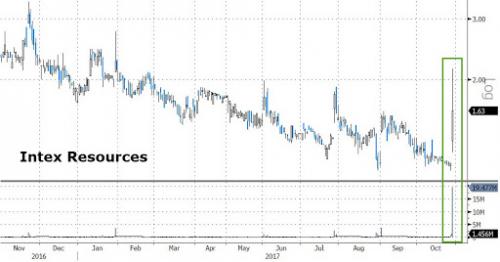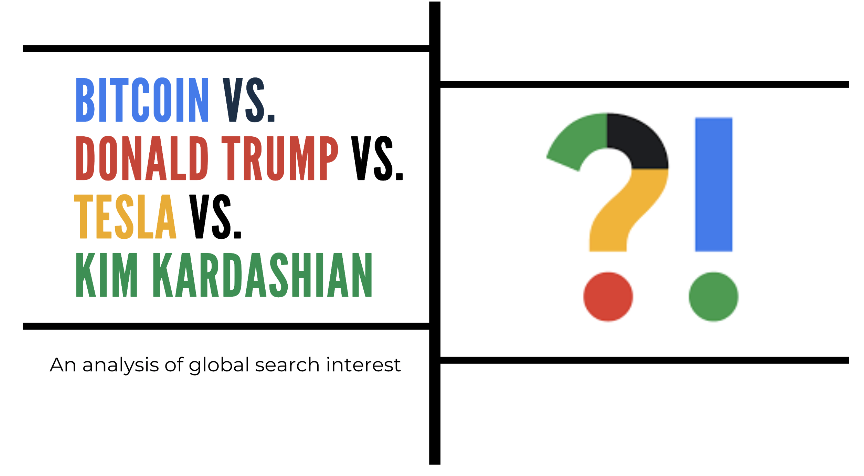Blockchain could become ubiquitous by 2025, entering mainstream business and underpinning supply chains worldwide, says a latest report.
Through investment and partnerships, the distributed ledger technology will dominate manufacturing, consumer products and retail industries (including textile and apparel), ushering in a new era of transparency and trust.
Currently, just 3 per cent of organizations that are deploying blockchain do so at scale and 10 per cent have a pilot in place, with 87 per cent of respondents reporting to be in the early stages of experimentation with blockchain, says the report released by Capgemini Research Institute.
“The UK (22 per cent) and France (17 per cent) currently lead the way with at-scale and pilot implementation[i] of blockchain in Europe, while the US (18 per cent) is a front-runner in terms of funding blockchain initiatives. Leading organisations are optimistic that blockchain will deliver on its potential, with over 60 per cent believing that blockchain is already transforming the way they collaborate with their partners,” says the report titled “Does blockchain hold the key to a new age of supply chain transparency and trust?”
The study also found that cost saving, enhanced traceability and enhanced transparency are the top three drivers behind current investments in blockchain. Furthermore, blockchain enables information to be delivered securely, faster and more transparently. The technology can be applied to critical supply chain functions, from tracking production to monitoring food-chains and ensuring regulatory compliance.
However, despite the optimism surrounding blockchain deployments, concerns remain around establishing a clear return-on-investment, and interoperability between partners in a supply chain.
Source/More: Blockchain set to enter global supply chains by 2025 – Fibre2Fashion
















